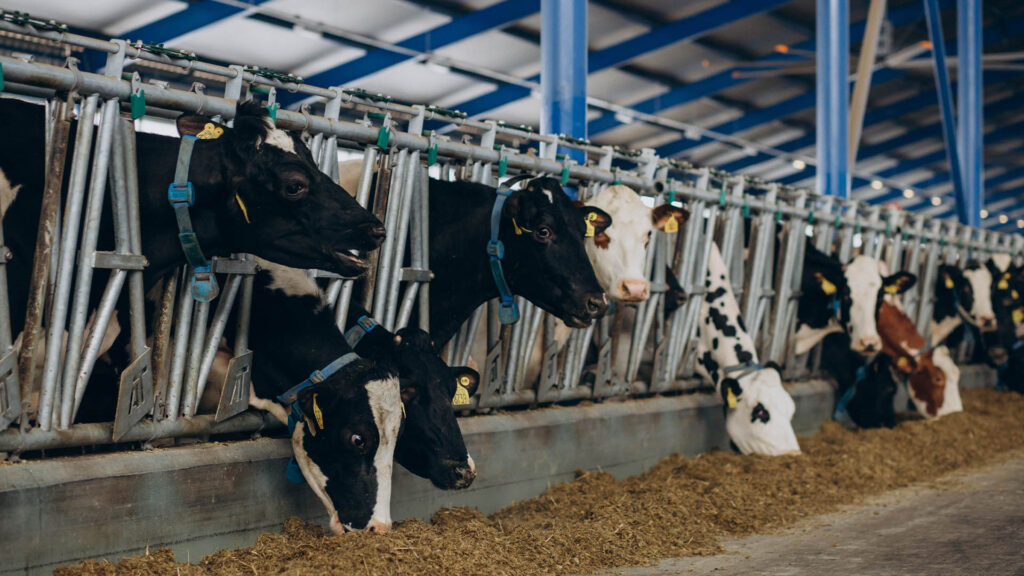
Why is animal nutrition important?
Animals also need a balanced diet containing all necessary nutrients like minerals, vitamins, fluids etc. A balanced nutrition plan helps animals to grow, develop and reproduce and generate strong immunity to fight infectious diseases. This improves yield and profits while keeping the animals healthy and happy. Organic farming aims at providing all round care to the animals for them to prosper and produce well.
Like humans, nutrition management for animals starts with feeding. Nutrition is a large sum of feed ingredients and additional organic supplements added to feed the animals. The need for nutrients may vary in animals depending on their types, age and breeding. The most commonly used livestock feed are barley, corn, soybean meal, distiller’s grain, molasses, oats, rye, cottonseed, sugarcane, sorghum and wheat. Corn and wheat are the most common ingredients containing all the six types of nutrients. Some farmers use supplements such as Toxic binders, Acidifiers, Moldinhibitors, Concentrated vitamins and minerals, flavours, etc. In organic farming, we avoid the use of these harmful ingredients or supplements. A structured feeding is planned for animals that provide them with adequate nutrients.
Dairy cattle have a definite requirement for forages that are fermented by rumen bacteria to volatile fatty acids (VFAs). VFAs support the growth, maintenance and lactation of the animal. Lactating dairy cows need a higher amount of good quality optimum fibre in their diet, meanwhile, younger bovines and chickens require more proteins for their growth. All metabolic reactions and energy transfers within the body require phosphorus. Phosphorus has efficient use in feed and rumen bacteria for the digestion of cellulose and the growth of microbial protein.
The major nutrients required by any animal includes:
Water, Carbohydrates, Fats, Proteins, Vitamins and Minerals
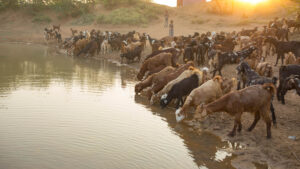
Water
Most farmers and cattle breeders use nutrient rich feed. However, sometimes they overlook the water requirement of animals. Water is the most crucial nutrient as it comprises nearly 60-80% of an animal’s live weight. Even slight disruption in water intake can cause havoc to the animal’s health. Water is required for the transportation of nutrients through blood, for maintaining cellular structure and to regulate body temperature.
Proper access to clean and hygienic water is important to maximise production and to reduce the chances of diseases. Water loss can weaken the immune system of animals. Severe dehydration in animals weakens the legs so much that animals could not even stand for long. Thus, it is necessary to help your cattle have the required water consumption everyday to stay healthy and fit.
Carbohydrates & Fats
Cattle need a lot of energy to move around, and for growth, lactation, reproduction and digestion. The largest percentage in feed must consist of carbohydrates to cater the daily energy requirement. If the cattle lack carbohydrates, then they might not be able to move or do other activities. It also affects the milk production in lactating cattle. Deficiency in carbohydrates may also result in stagnant growth, poor immunity, decreased milk production and overall health.
Proteins
Protein is the building block of all living organisms. It is required for carrying out numerous life processes such as growth, repair of tissues and skin, reproduction, digestion, and lactation in cattle. They also support the nervous system, enzyme activities, in growth of muscles, and regeneration of muscles.
Proteins provide the nutrition for microbial growth and amino acids for proper digestion in the small intestine. Deficiency of protein results in poor digestion, weaker muscles and overall stagnant growth in cattle and animals. Young animals which are still in the growing phase need a lot of protein intake. Lactating cattle also need extra protein intake to supply for the infants needs.
Ruminants need rumen undegraded protein (RUP) levels, which refers to the amount of protein that makes past the rumen and is available for milk production. Animals can be fed with distillers’ grain, legumes, etc to provide them with necessary proteins.
We at Golden Era, provide our clients with planned feed structure for cattle and other animals to maximise the yields.
Minerals
Minerals are crucial for proper functioning of the rumen and improvement of animal health. Minerals are important for improving immunity in living organisms. About 17 essential minerals are required by animals. These minerals are further divided into macro and micro nutrients. As the name suggests, macro minerals are required in larger quantities and micro minerals are needed only in trace amounts.
The macro minerals are potassium, sodium, calcium, magnesium, phosphorus, sulphur, and chlorine. These require over 100 parts per million (ppm). The intake is expressed in percent or in dry matter (DM) as per the diet.
The micro minerals required by animals are manganese, selenium, zinc chromium, cobalt, copper, iodine, and iron.
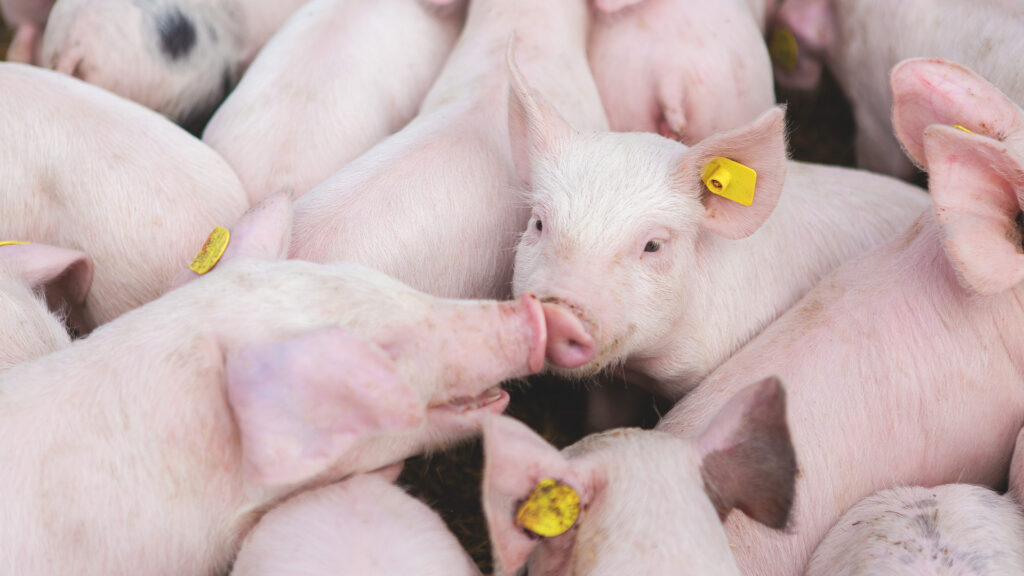
- Calcium and phosphorus are required for milk production.
- Copper, zinc, manganese, selenium, and phosphorus are needed for energy, functioning of the immune system, reproduction, and metabolic activity. Selenium is crucial for brain health.
- Magnesium, potassium, sodium, sulphur, cobalt, iodine, iron, chlorine are essential for nervous system and carbohydrates activity.
- Calcium, phosphorus, magnesium, and chromium are required for proper skeletal development of bone, teeth, and maintenance of bones.
These minerals should be supplied to animals through a systematic diet plan. Golden Era helps you in taking proper care of animals and helps you to gain maximum profits.
Sometimes overfeeding can harm animals, so the food provided to animals should always be in ratio. Animals that become over-conditioned or obese will have a higher risk of health issues. Along with a balanced diet, proper housing for animals is required by maintaining hygiene. Animal shelters should be cleaned at regular intervals. They should be brushed and bathed regularly to remove dirt and bugs from their body. There should be a proper drainage system to remove animal waste as well.
Hygiene of farm animals
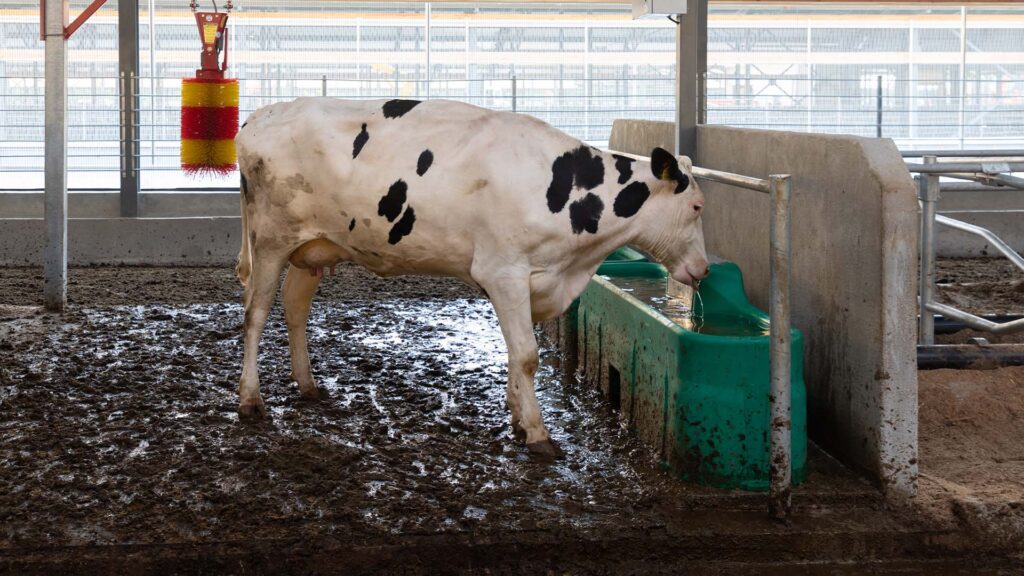
Hygiene is crucial in animal farms because it reduces the chances of illness and germ growth. If animals are not well maintained, different kinds of diseases like bacterial, parasitic influenza, pox, bovine tuberculosis, protozoan, swine flu and pneumonia, etc. can occur. The animals should be kept in a clean and dry place. The shed of animals should be sanitised regularly. Clean drinking water must be provided to the animals to avoid unnecessary diseases. The animal’s shed should be ventilated so that they get light and air. Sick animals should be kept in different sheds so that the other animal does not fall ill. There should be a veterinarian to look after animals if an animal falls sick. Vaccinations should be done at regular intervals to keep away from diseases.
Common diseases in farm animals
Common diseases in cows, buffaloes, goats, and other farm animals are Anthrax, Pneumonia, foot and mouth viral virus, rinderpest, roundworms, protozoan organisms and diseases caused by vitamin deficiency.
Foot and mouth diseases
Foot and mouth diseases are very common in cattle. These diseases can be caused by feed, water, saliva etc. The symptoms in infected animals include having no strength to walk, loss of appetite, and hoof drop all day. It is treated by giving vaccinations at regular intervals. The first vaccine is at the age of 2 to 3 years, the second dose after one month, and the third dose is given after six months.
Rinderpest disease
Rinderpest disease is another fatal disease in cows and buffaloes. Its symptoms are loss of appetite, low milk production, high temperature of body and saliva from the nose and swelling of eyes. There is no proper treatment for this disease, but to give preventive vaccination, provide fresh water, and nutrient-rich food and keep cattle in a clean place.
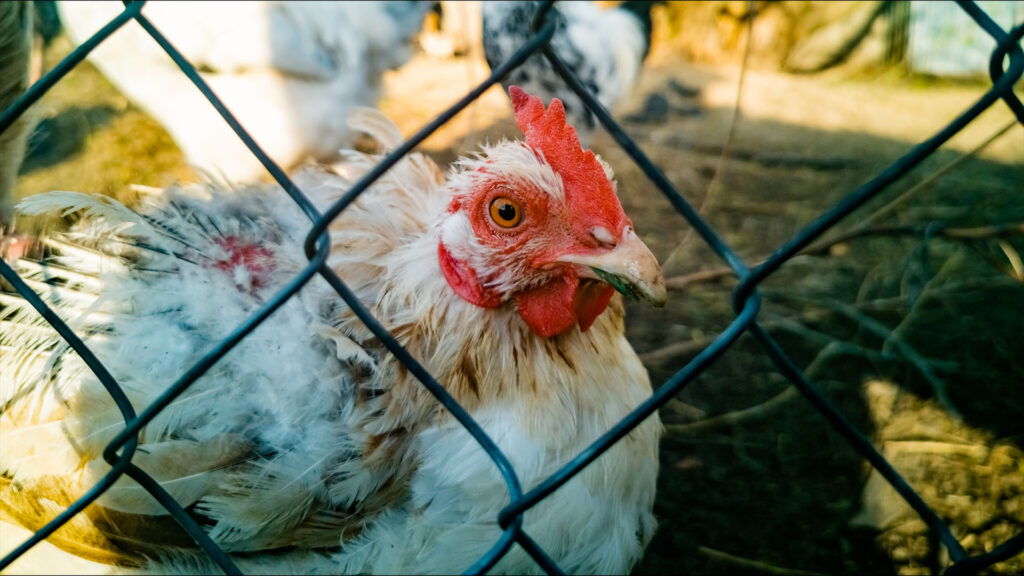
Pneumonia
The bacterial disease in calves is pneumonia. Its symptoms are a watery nose, cough, high temperature, high heartbeat and loss of appetite. The treatment is to keep the calf in a clean and dry place. The calf should be kept warm by making straw, the room should be ventilated, and they must consult a veterinarian for proper treatment.
Anthrax
Anthrax Disease is the most dangerous bacterial disease in animals. It occurs in the rainy season or dirty places. The symptoms are high temperature, body shaking, loss of appetite, loose bowels, and breathing problems. There is no proper treatment for this bacterial disease, but take preventive vaccination, keep the room dry and clean with sodium hydroxide and build the immunity of animals.
Vitamin deficiency disease in animals
Animals grazing in green fields will not suffer from vitamin A deficiency, but those who do not graze in green fields and depend only on straw, hay, and granny food will suffer from vitamin A deficiency. The symptoms are poor eyesight, difficulties in movement, rough skin, and swollen eyes.
Vitamin D deficiency diseases occur due to insufficient sunlight. Vitamin D deficiency can also occur due to a lack of calcium and phosphorus and causes various diseases. The symptoms are weak bones and teeth, loss of appetite, and low milk production. A sufficient amount of sunlight and feed with fish liver oil and artificial vitamin D supplied is the basic treatment of deficiency of vitamin D.
Diarrhoea
The cause of diarrhoea is different types of bacteria, viruses, fungi, and germs that rot and pollute straw, hay, and leaves. The symptoms are sickness, pain in the belly, thirst, loss of appetite, and severe diarrhoea causing cow deaths. Diarrhoea can be avoided by regularly sanitising the shelter. It should be dry and clean. Feed animals healthy and nutritious food and should regularly consult with a veterinarian.
Tuberculosis
Tuberculosis is a milk and meat-borne disease. The symptoms are high temperature, weight loss, cough, cause of diarrhoea, and dyspnea. Proper hygiene is the best way to prevent this disease
Influenza A
Influenza A virus is found in ducks, chickens, horses, and pigs. The symptoms are cough, sneezing, and loss of appetite. This virus spreads through the air. There is no proper treatment for this virus, but to boost immunity and take antibiotics as prescribed by the veterinarian.
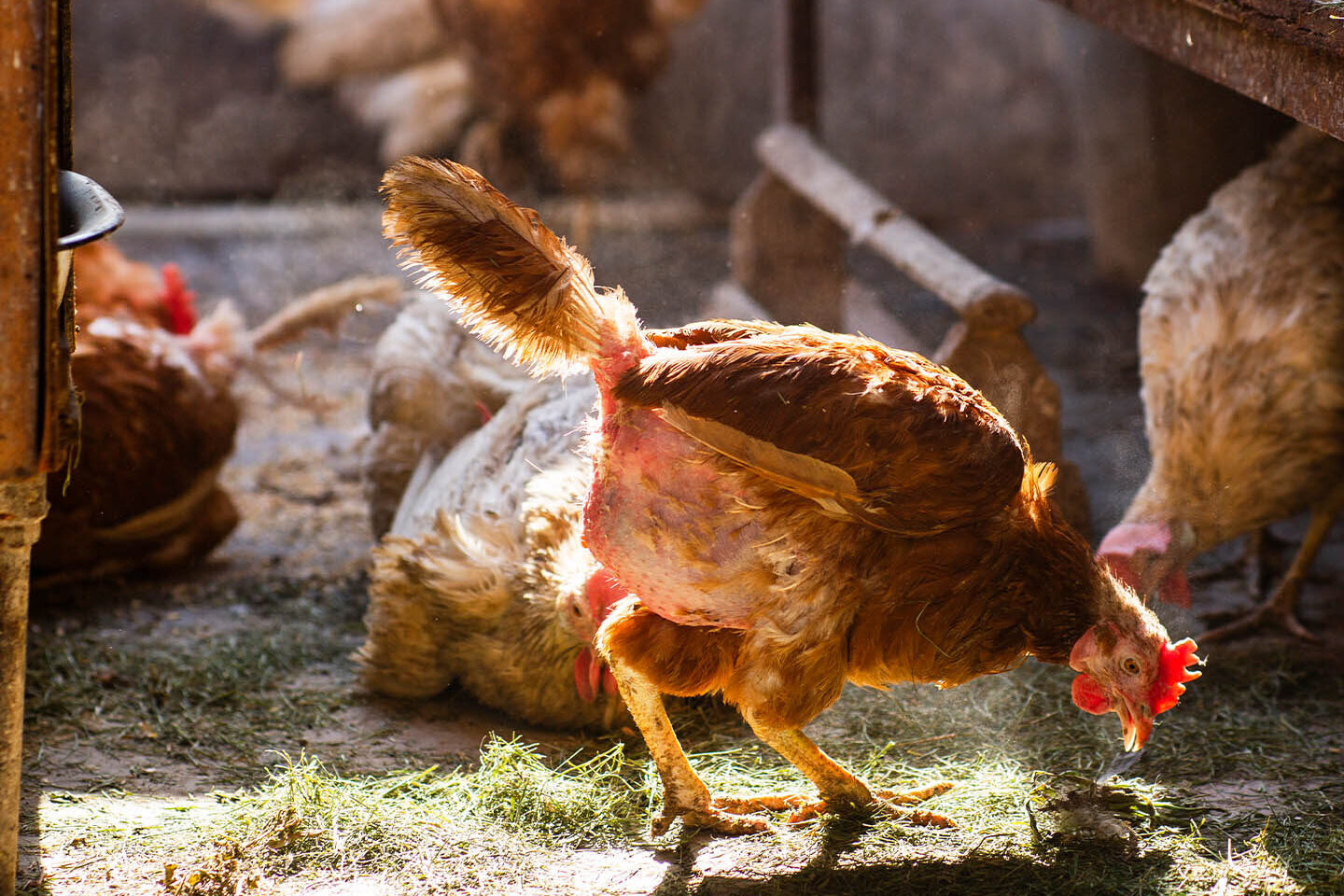
Organic farming is a unique method of farming where the cattle is kept free and is allowed to graze in the open. Organic farming implements a systematic health programme that includes disease prevention, immunity boosting, parasite control and disease treatment for the animal. Antibiotics, harmful growth regulators are restricted in organic farming.
We have a team of experts who look after your animal farm to give honest feedback and strategic planning for maximising the yield without hampering the natural environment of animals. We strictly follow the norms of organic farms, thus, avoid the use of toxic supplements and injections. Rather we work upon improving the immunity of animals to help them grow well, produce well and give profits to you. Reach out to us if you are planning to set up an animal farm or want to revamp existing farms to improve the quality.